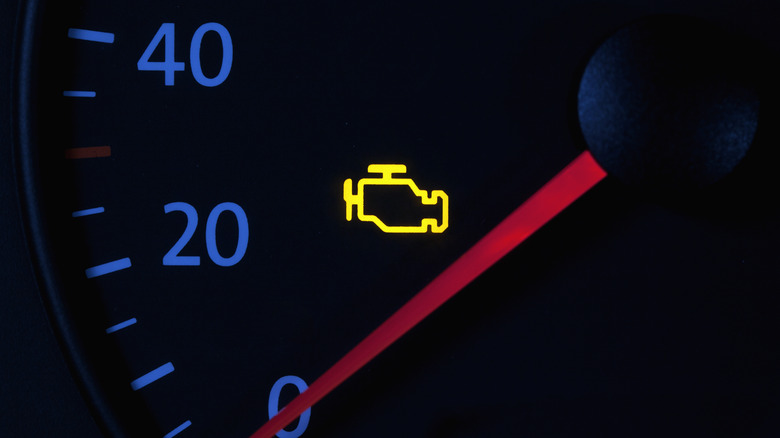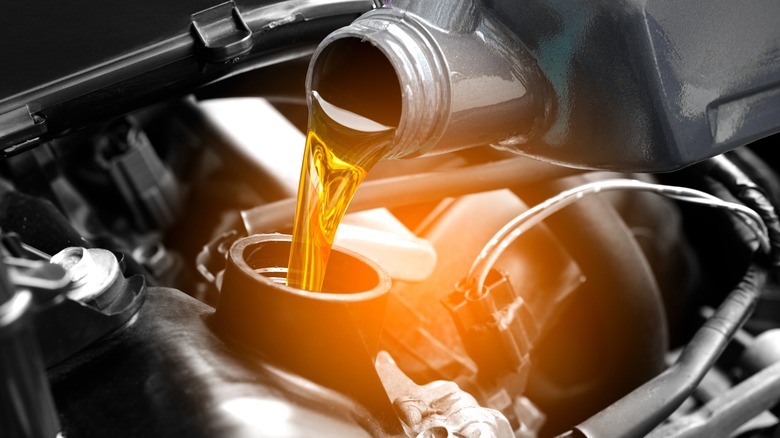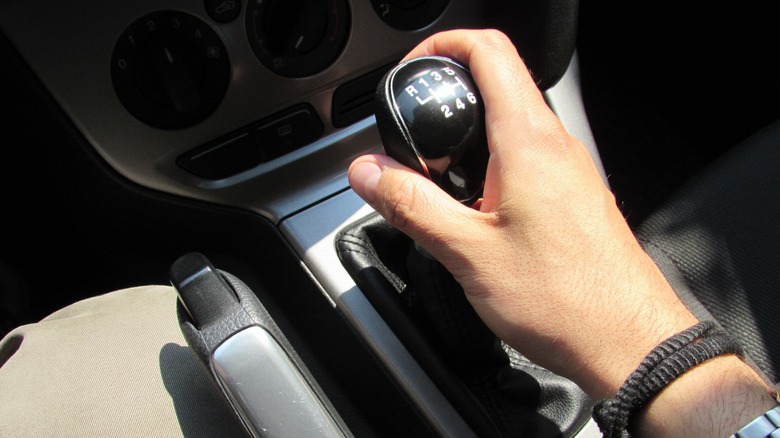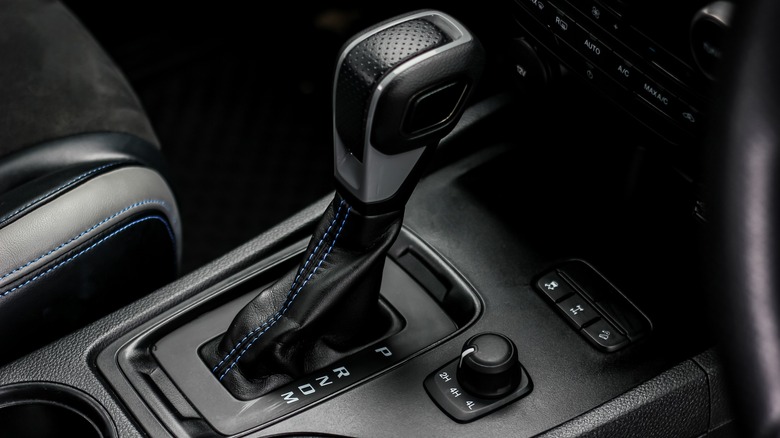5 Warning Signs Your Transmission Is Going Bad
The transmission is one of the most vital components of a car. It's thanks to the transmission that you have the kind of minute control over your vehicle necessary for safe driving, including shifting gears on both automatic and manual transmissions and regulating how much power is generated by your engine. Without a functioning transmission, your engine would generate so much power that it'd shake itself to pieces!
Given all of this, it shouldn't be surprising that a car without a functioning transmission is not safe to drive. In the event your car's transmission suddenly fails while you're out on the road, your engine could stall out, leaving you with substantially less control over the giant metal box you're sitting in. To ensure that this doesn't happen, you should keep your eyes and ears open for the tell-tale signs of a failing transmission, and get yourself to a mechanic as soon as you spot them.
The Check Engine light
Whenever there's something wrong with your engine or its adjacent systems, such as the transmission, most modern cars will inform you as such by activating the Check Engine light on the dashboard. Yes, it's an old joke that everyone ignores the Check Engine light and leaves it on for months, even years on end, but if this is a problem related to your transmission, you will swiftly regret that decision.
The Check Engine light obviously doesn't directly indicate what the problem is, but if its light is accompanied by any of the other common signs of transmission problems, it could be a warning of pressure or fluid problems, among other things. Remember that the light wouldn't be on if everything was normal, so visit a mechanic as soon as possible to find out what the problem actually is. Best case scenario, it'll be a quick, hopefully cheap fix.
Loud, strange sounds
Cars make all sorts of noises on a regular basis, but as you drive the same car for a long time, you start to get a sense of which sounds you should and shouldn't be hearing. Case in point, a properly-maintained car shouldn't make any sounds beyond a steady purr in the engine, perhaps occasionally accompanied by some changes in pitch if you shift gears. If you're hearing strange, distinctive noises while driving, that's a bad sign.
For problems specifically related to your transmission, keep your ears open for whining, gurgling, or clunking noises. Distinctive whining sounds may be caused by debris stuck in your gearbox or a gear out of alignment, while gurgling sounds could be caused by either a lack or overabundance of transmission fluid. For manual transmissions in particular, listen for loud, sudden clunking sounds when shifting gears, as the precision parts may be wearing out.
Burning smells
Contrary to what you might see in action movies, cars and their engines don't catch fire that easily. However, that just means it's even more alarming when you get a whiff of a distinctive burning smell from your car, whether you're driving it or standing near the hood. While this doesn't usually mean that your engine or transmission is actively on fire (unless you see smoke, in which case you should probably back away), it can mean that their components are in the midst of severely overheating.
This smell is usually related to the fluids in your transmission. Your transmission fluid could be igniting while flowing, indicating an errant spark somewhere in the system, or the components may be grinding together due to a lack of transmission fluid. Either way, that heat is going to start eroding the components of your transmission, which puts you on the fast track to a breakdown.
Sticky shifter
Whether you're using an automatic or manual transmission, shifting gears is supposed to be a very smooth experience. Press the clutch, pull the lever, and voila, you're shifted. Pulling the lever in particular is supposed to only take you a moment, so as not to distract you from the road. If shifting gears takes more than a moment, not to mention substantially more effort, that's bad for both your transmission and your safe driving record.
Gear sticking could be a result of low transmission fluid in the best-case scenario, but it could also be a sign that the moving parts in the gearbox are getting old or rusty. If the parts aren't properly moving and coordinating, then they require a lot more physical force to slam into gear. Gear slamming is also extremely rough on your transmission, so this problem tends to swiftly compound itself and get worse.
Gear slipping
The entire reason your transmission has a clutch for activation, not to mention locking switches on the shifter, is to help hold your transmission in a particular gear after you shift into it. If your car was just shifting all over the place into whatever gear it wanted, you'd never have any minute control over it. Unfortunately, if your transmission is on the verge of failure, that's exactly the situation you may find yourself in.
When your transmission is damaged or malfunctioning, it may suddenly slip into lower gears, even if you don't touch the shifter. If you're driving down the highway in high gear and suddenly slip into a lower gear, or worse, neutral, you'll both lose some finer control over your car and exacerbate what is likely already some pretty severe damage. This could be caused by either fluid or mechanical problems, but the how of it isn't really important – driving like this is completely untenable, and warrants an immediate inspection.





